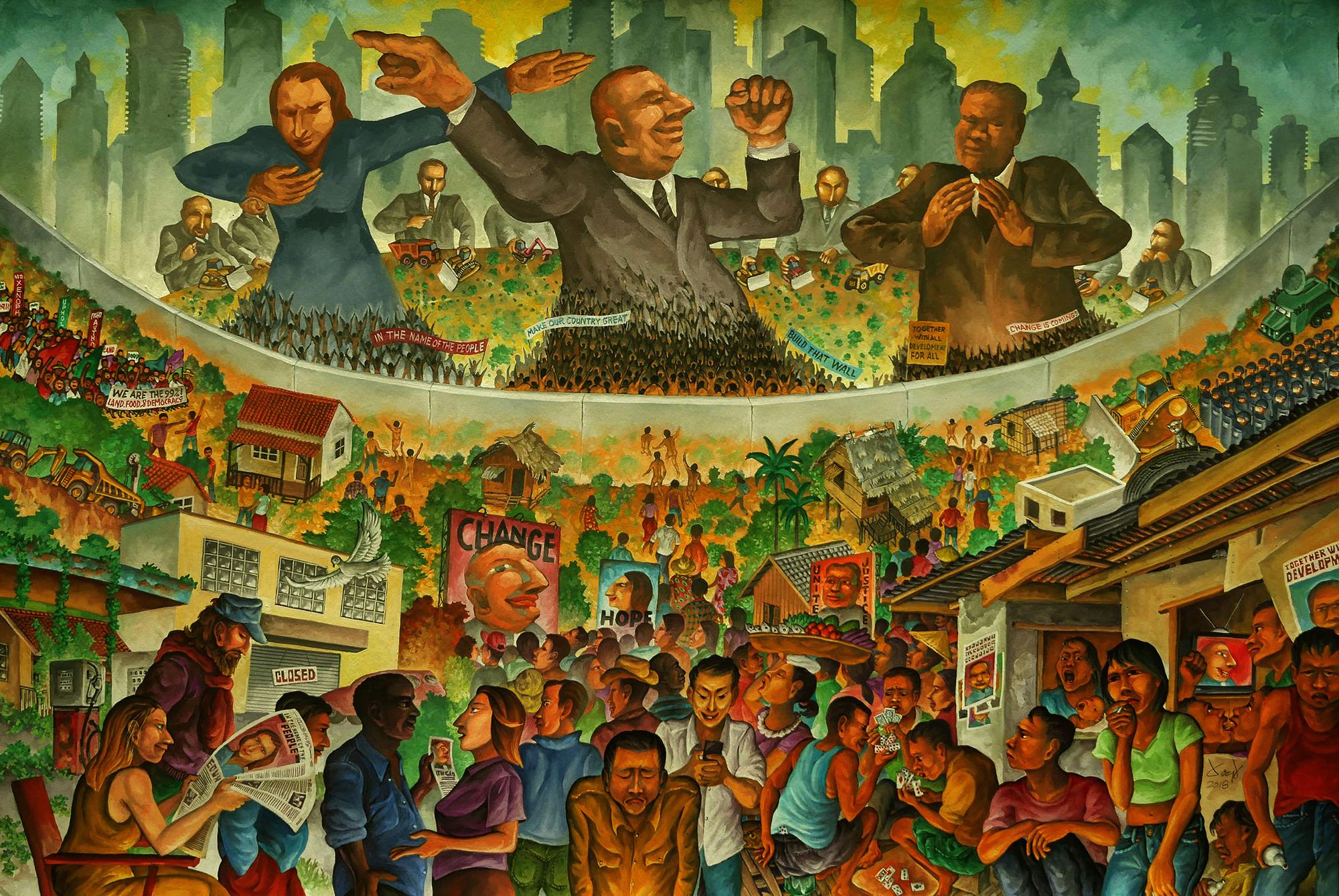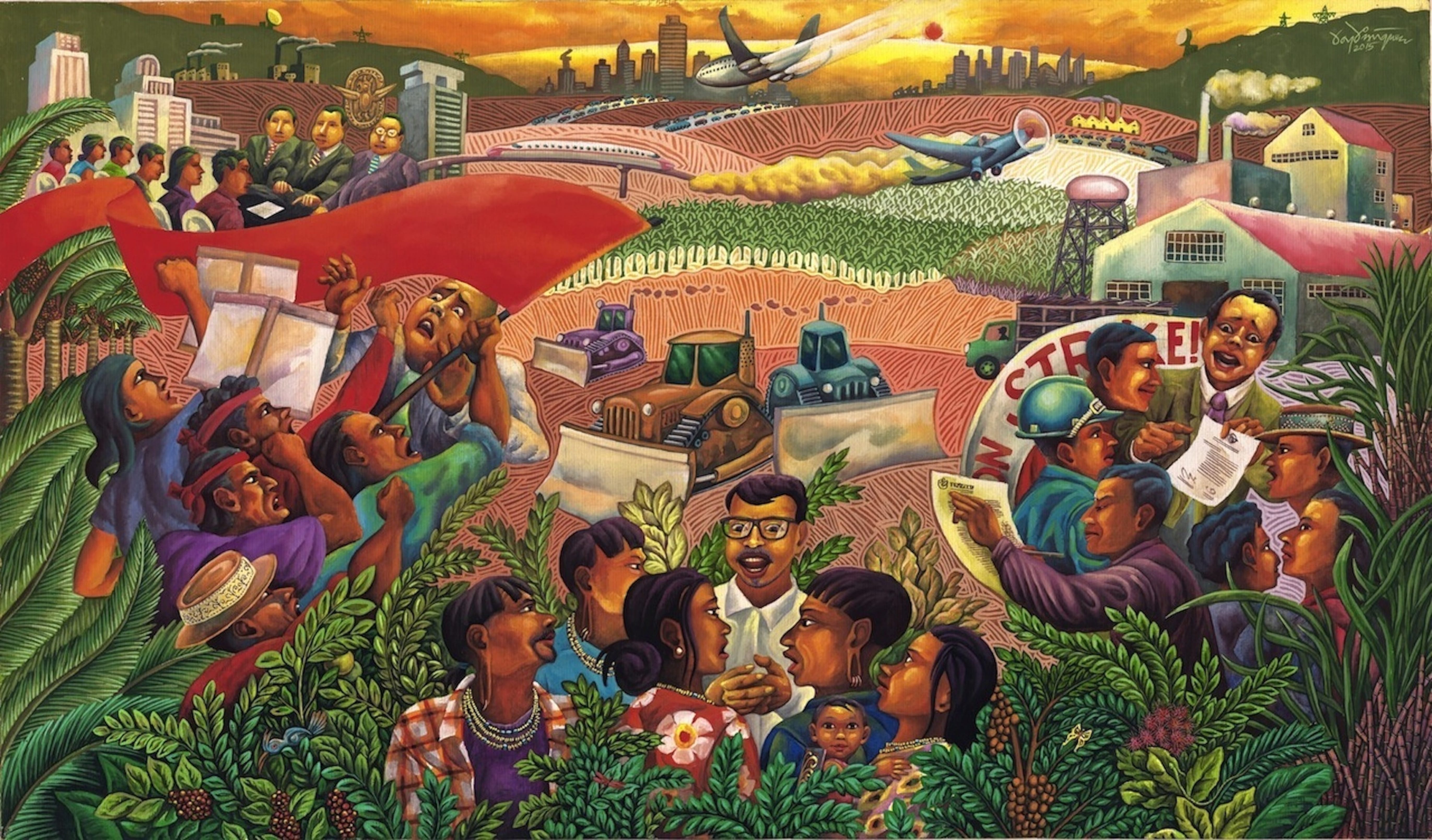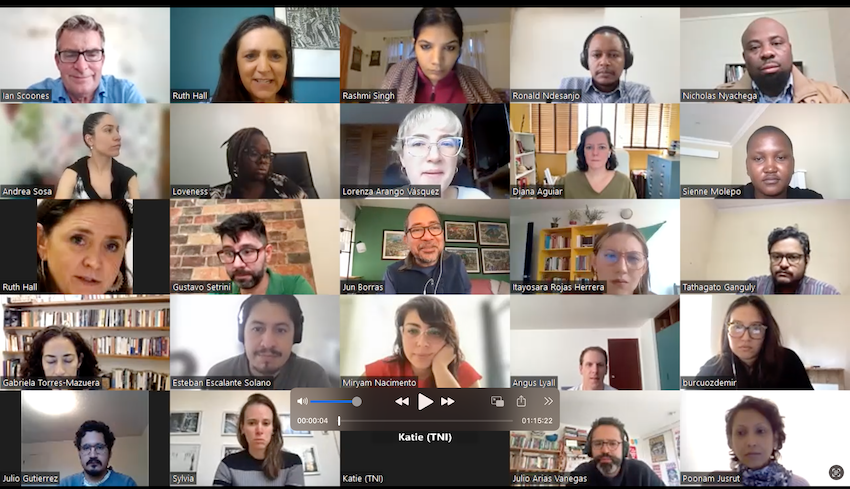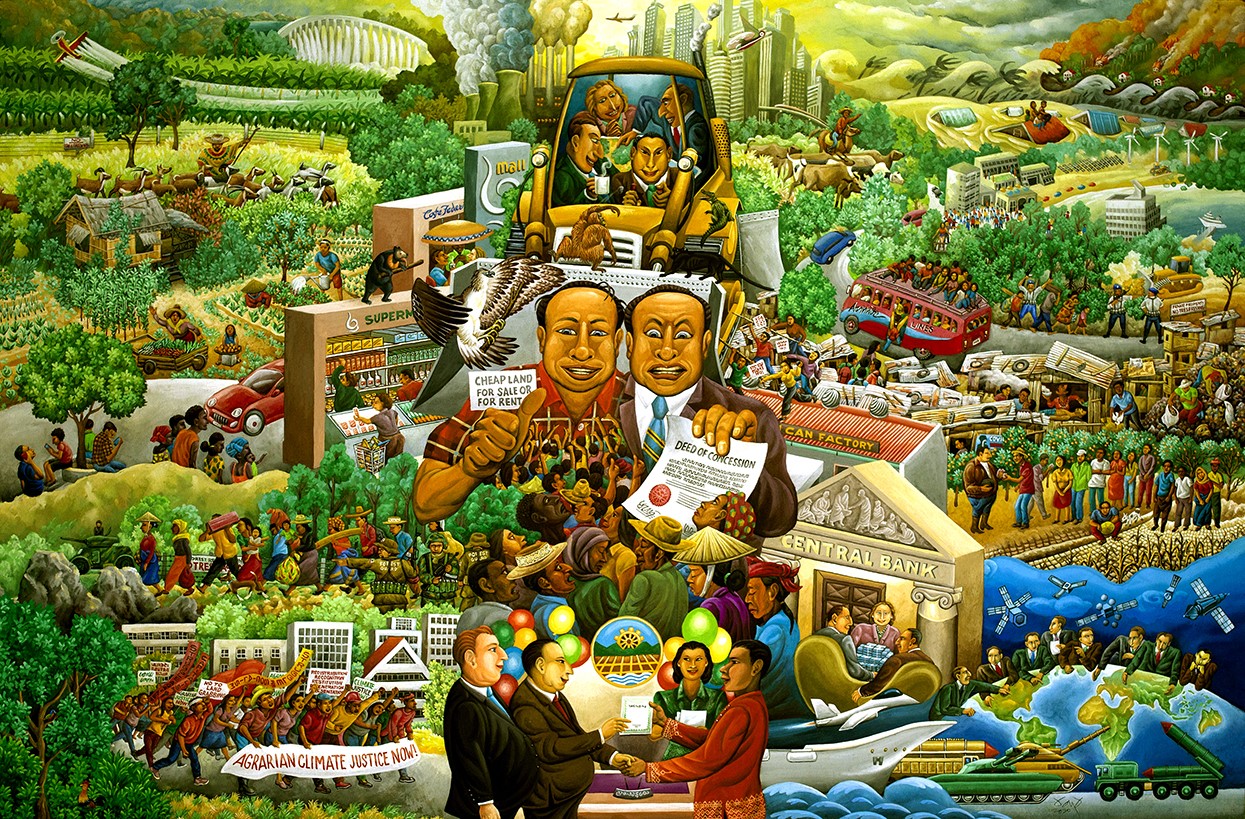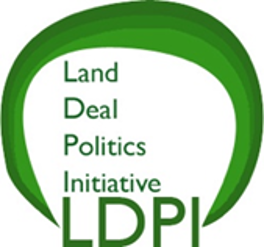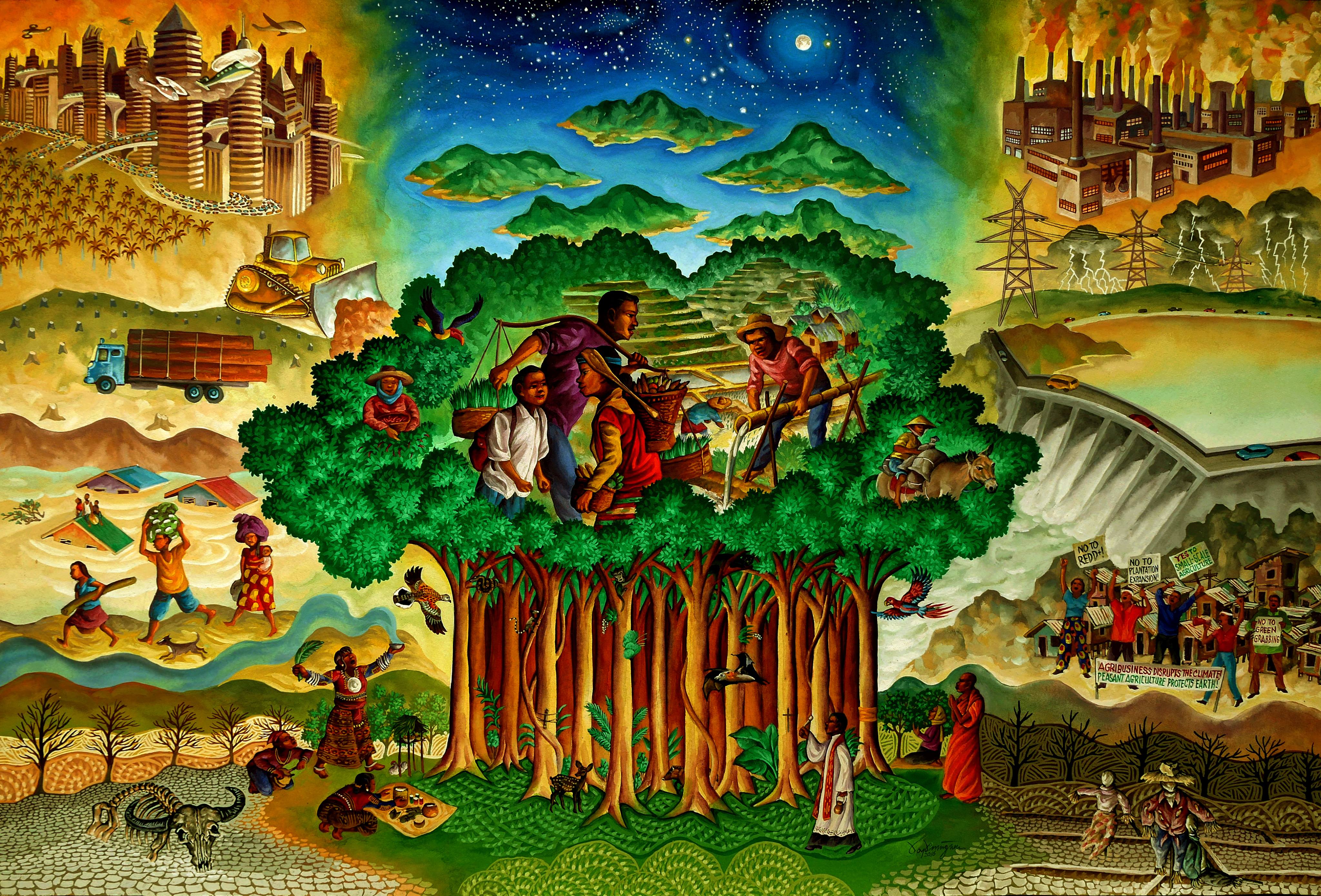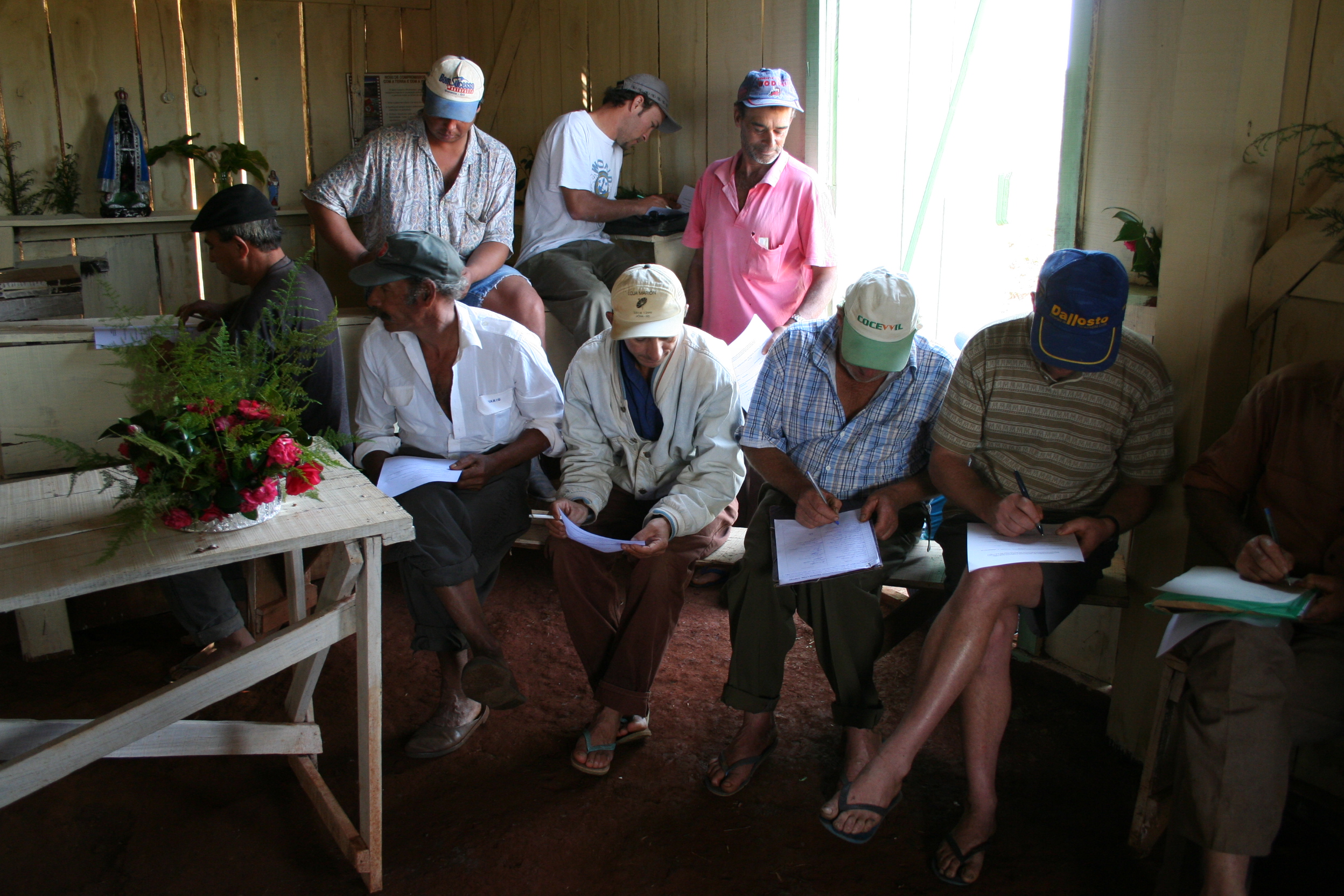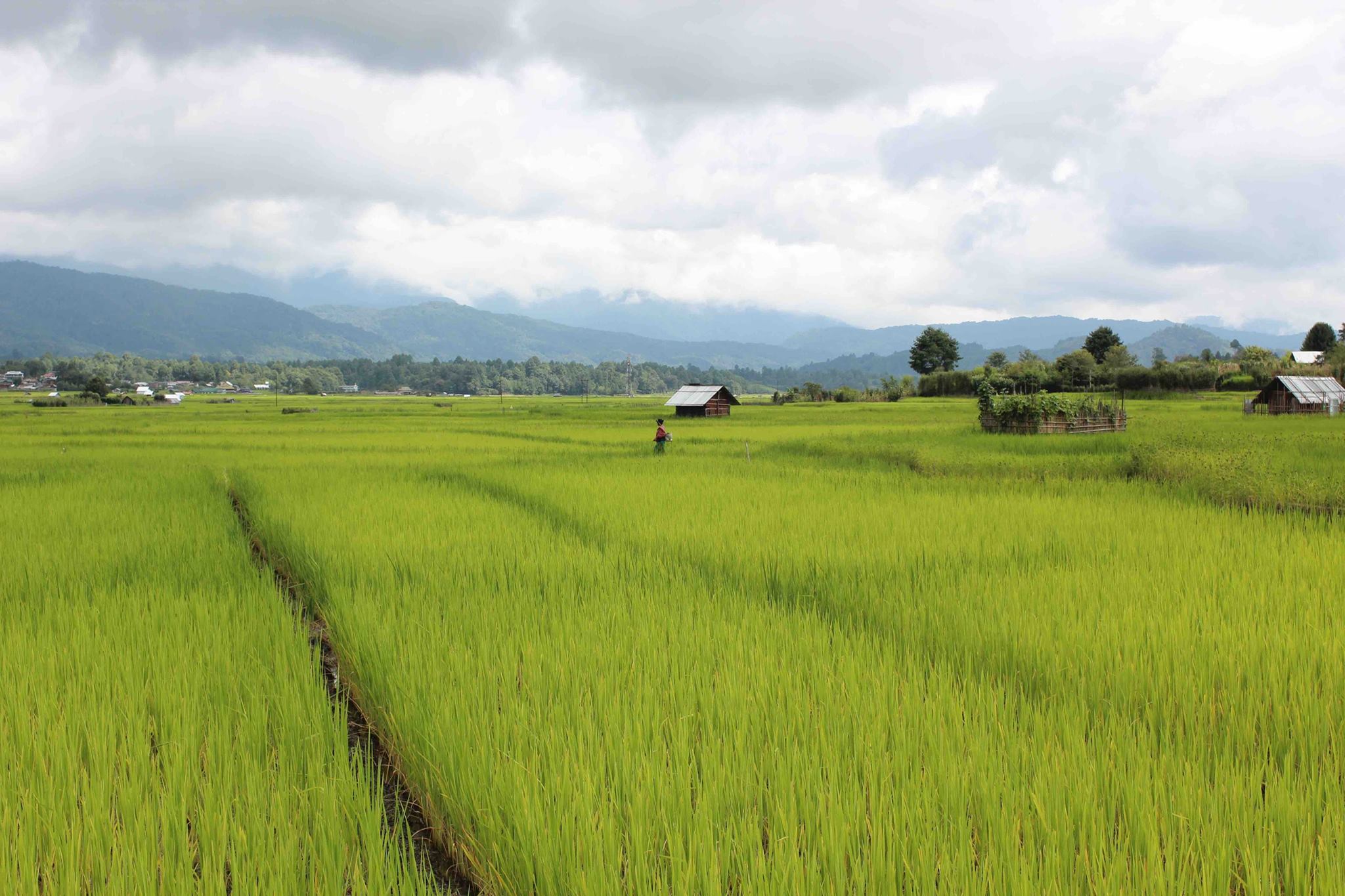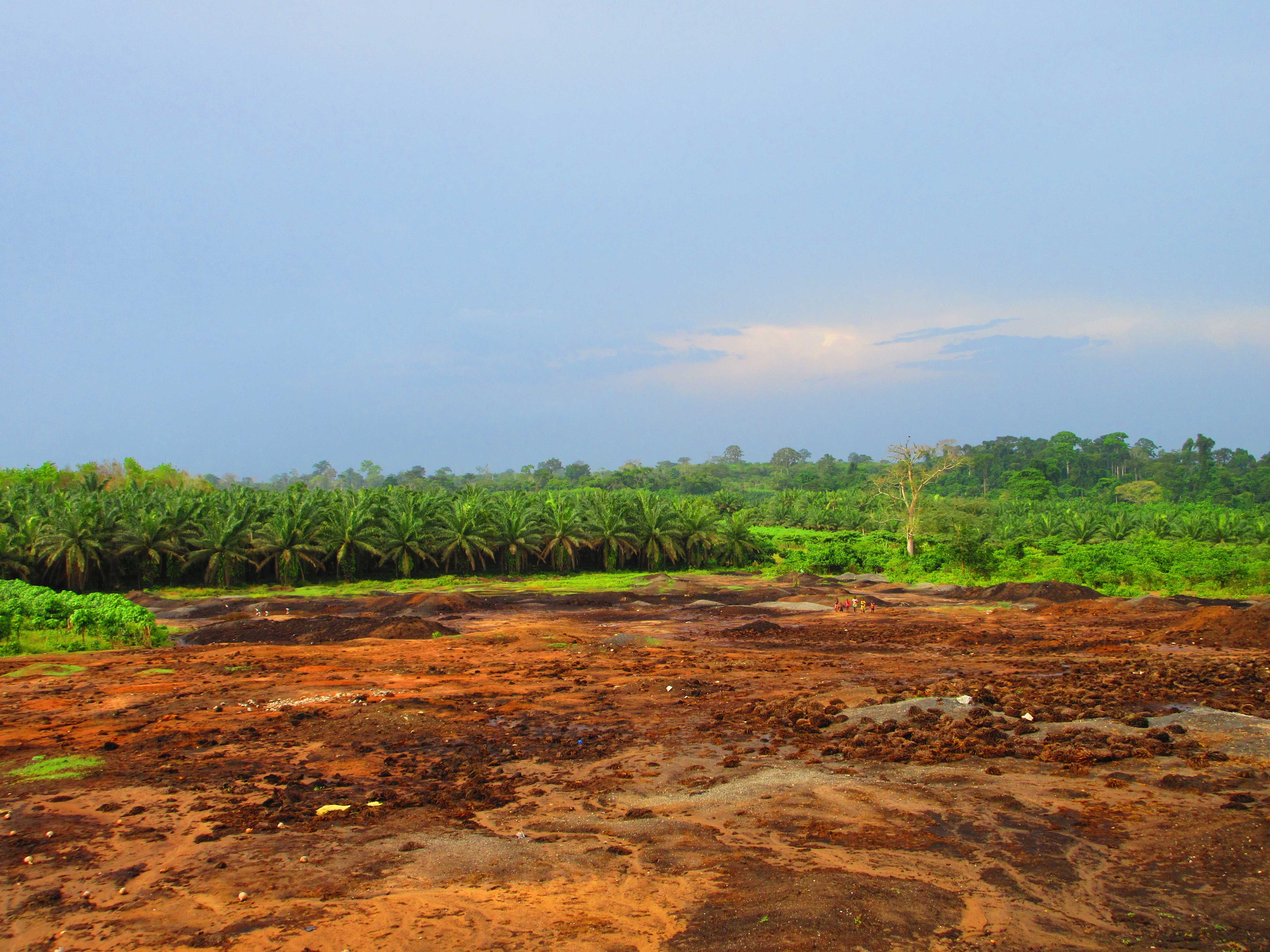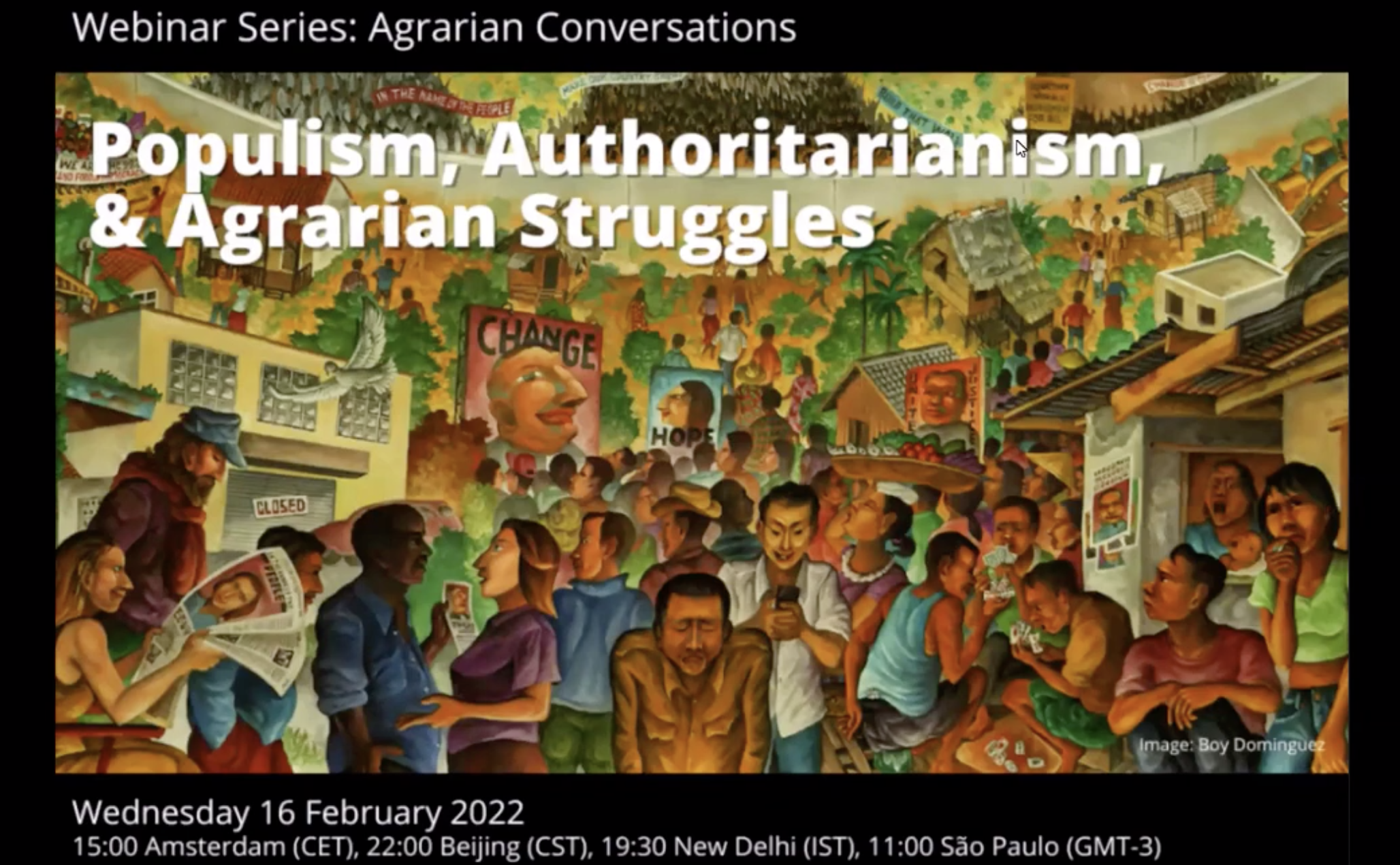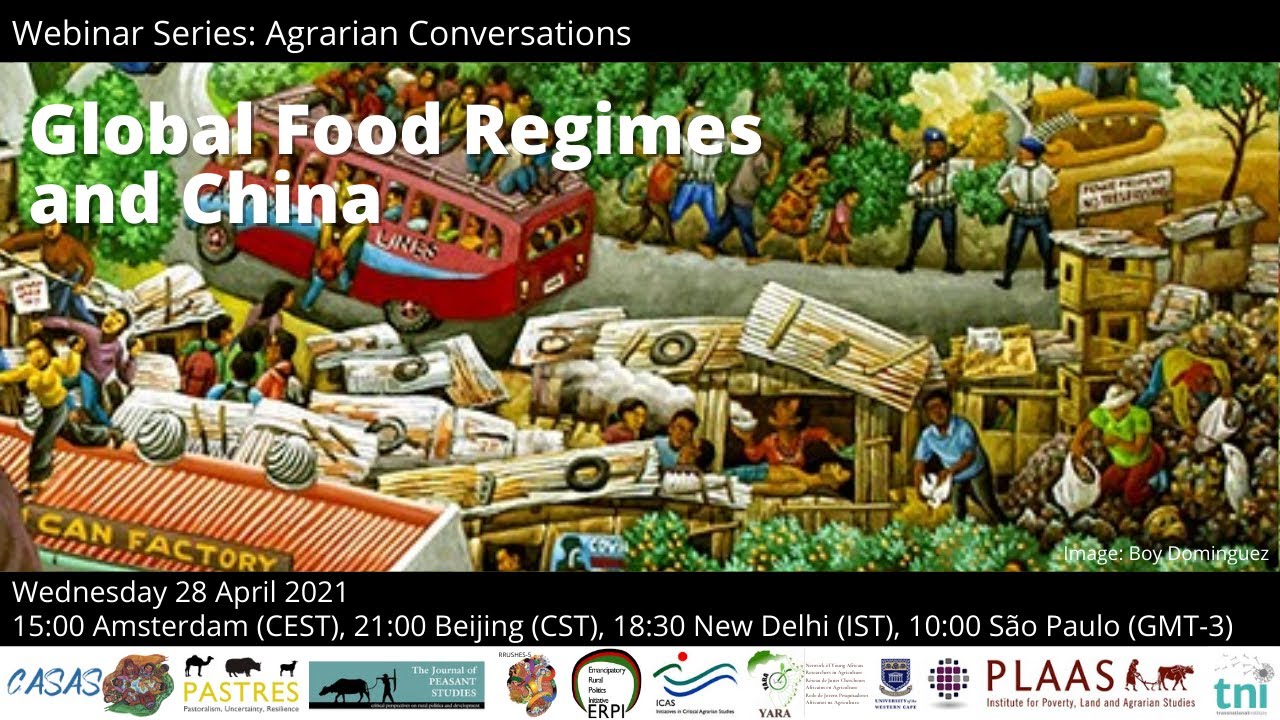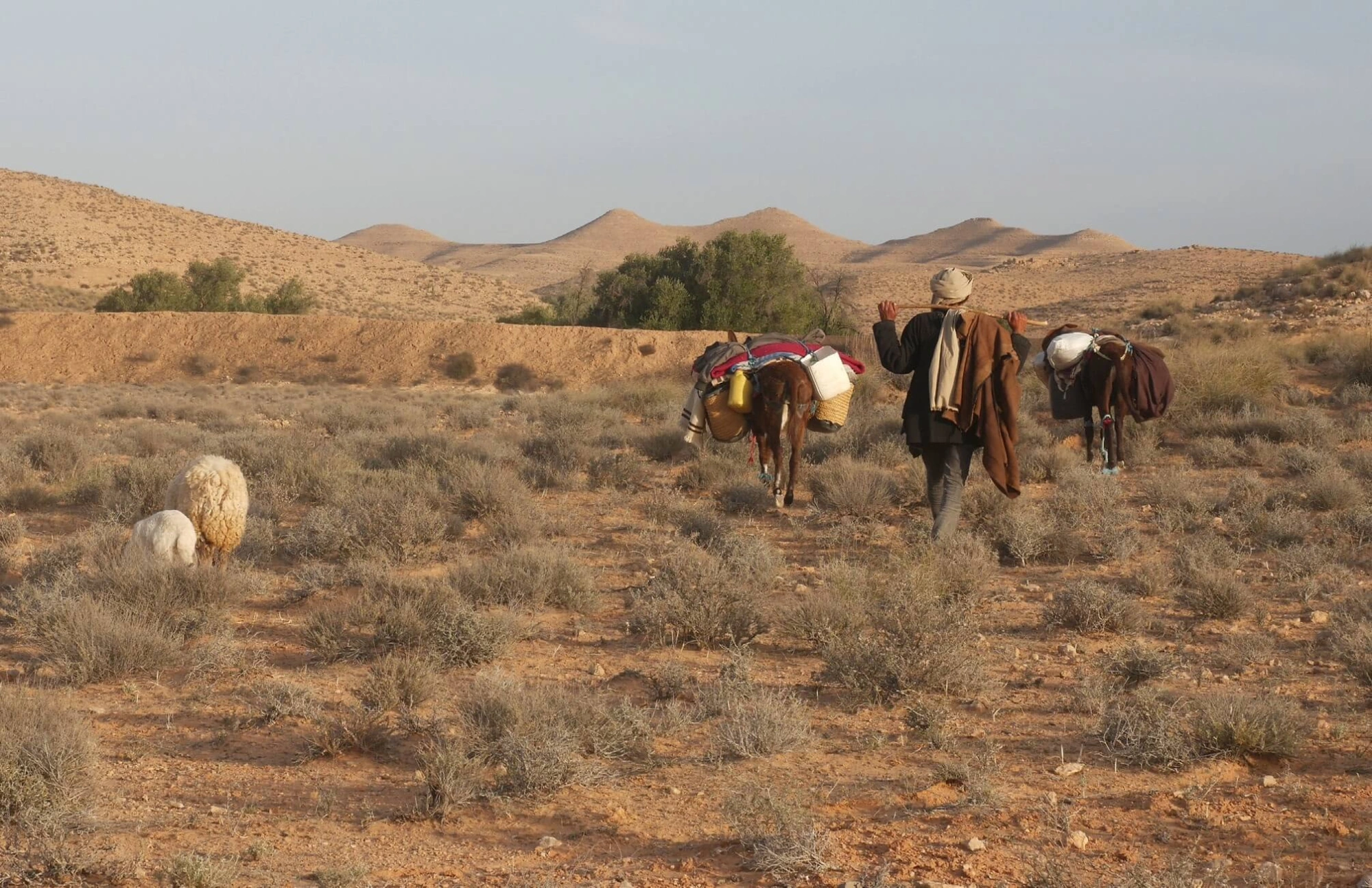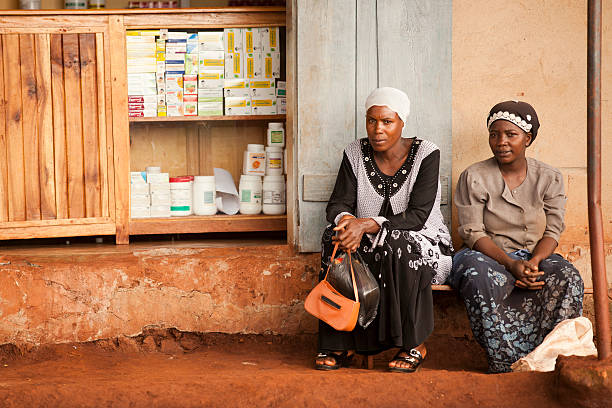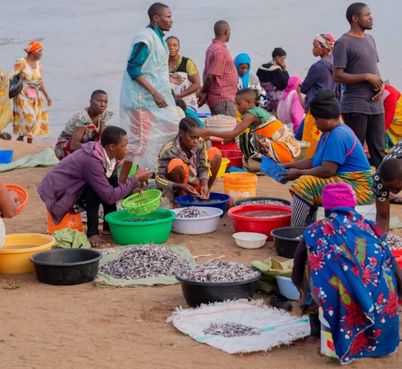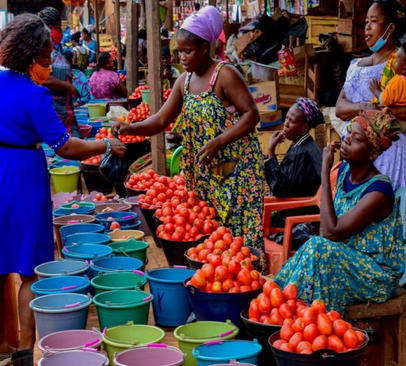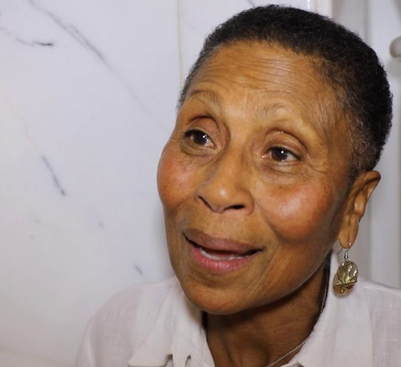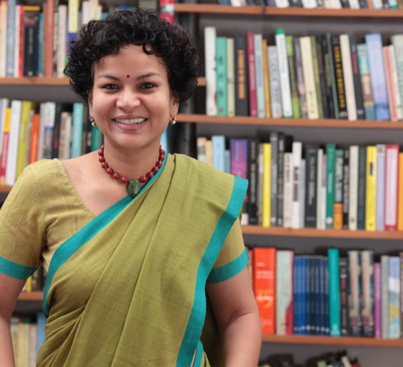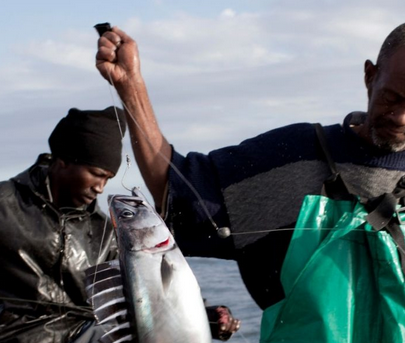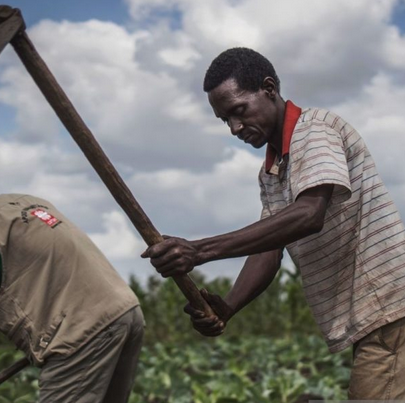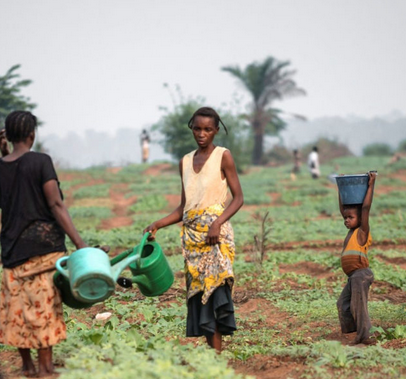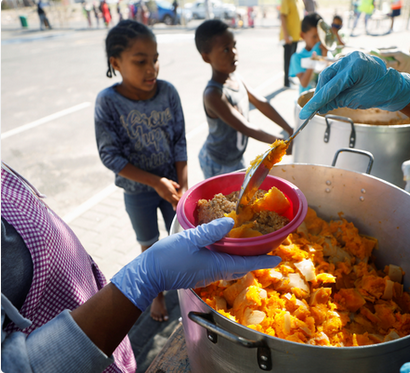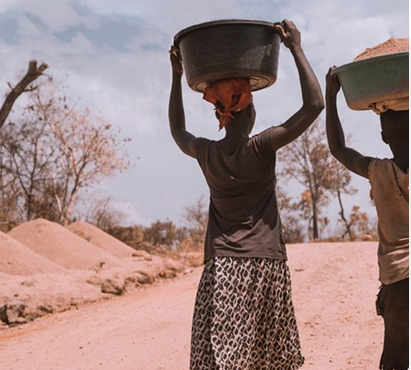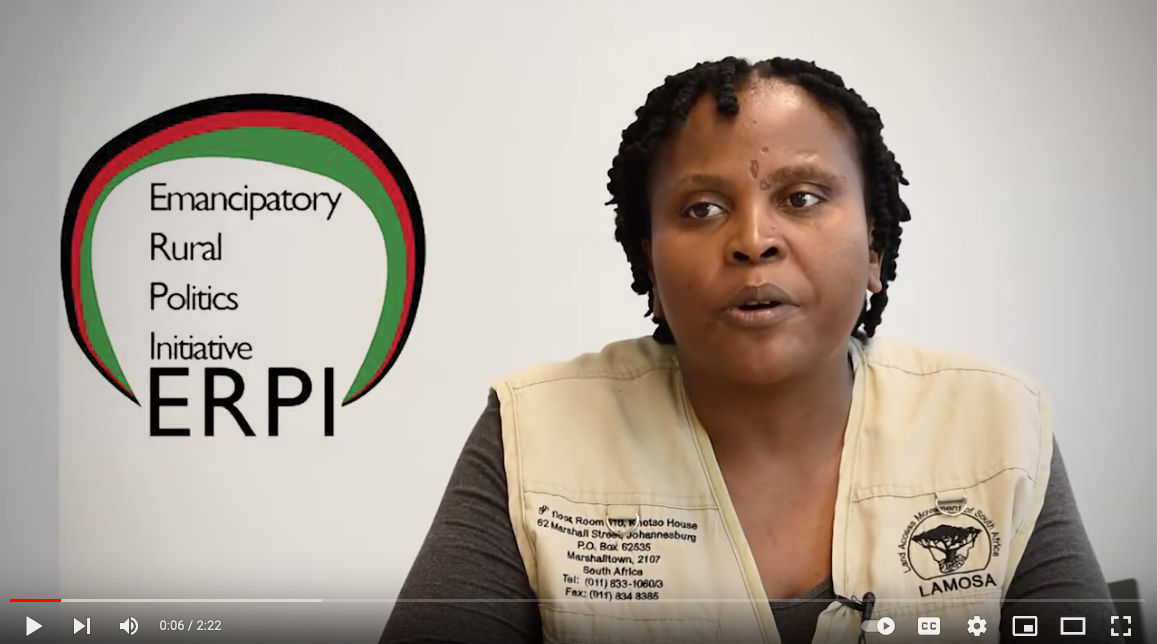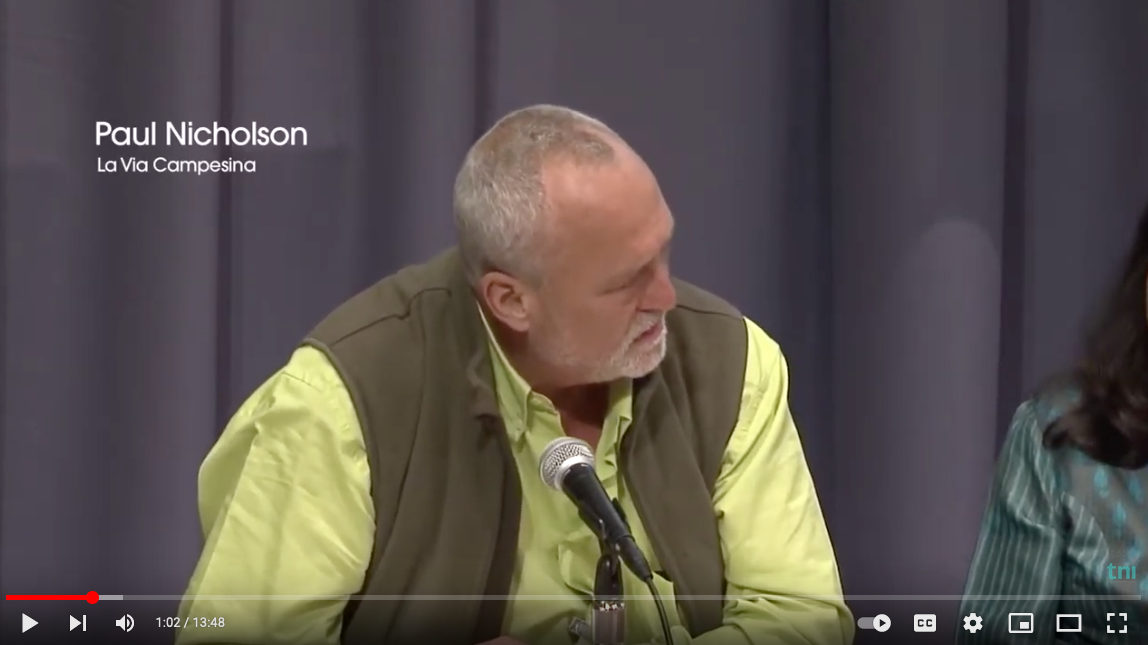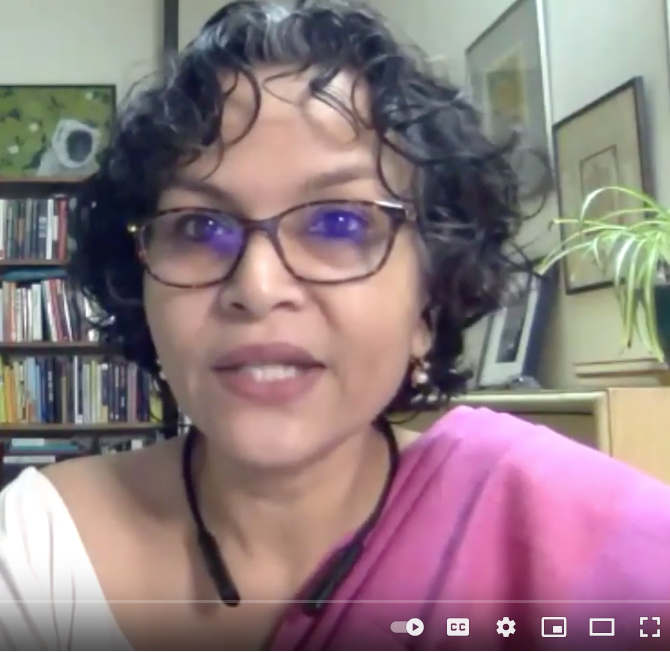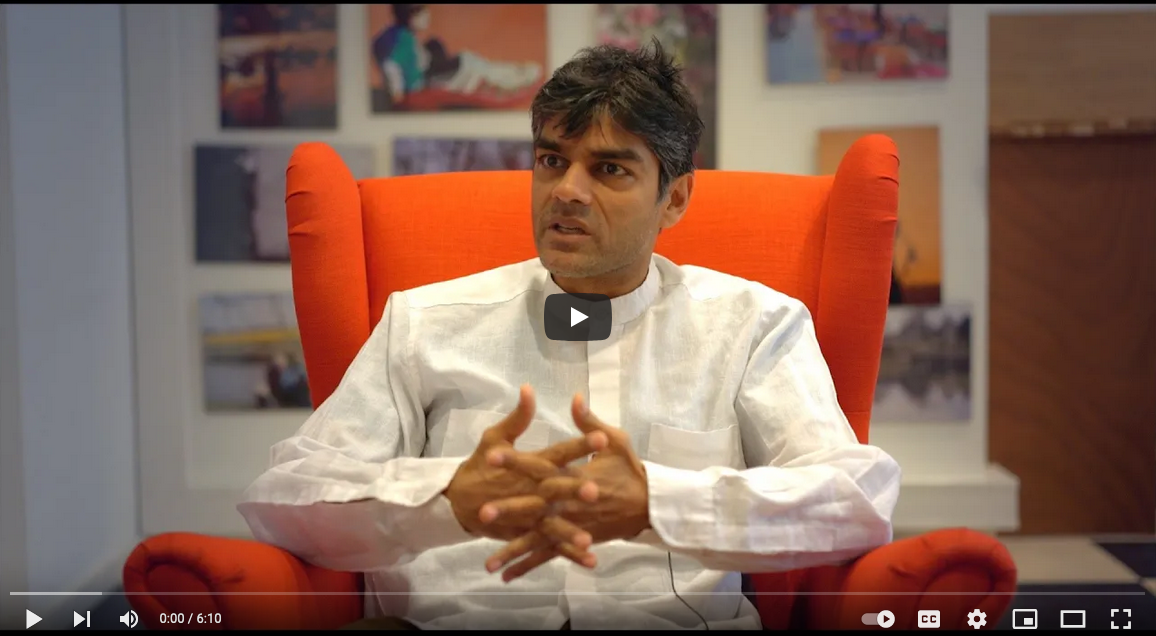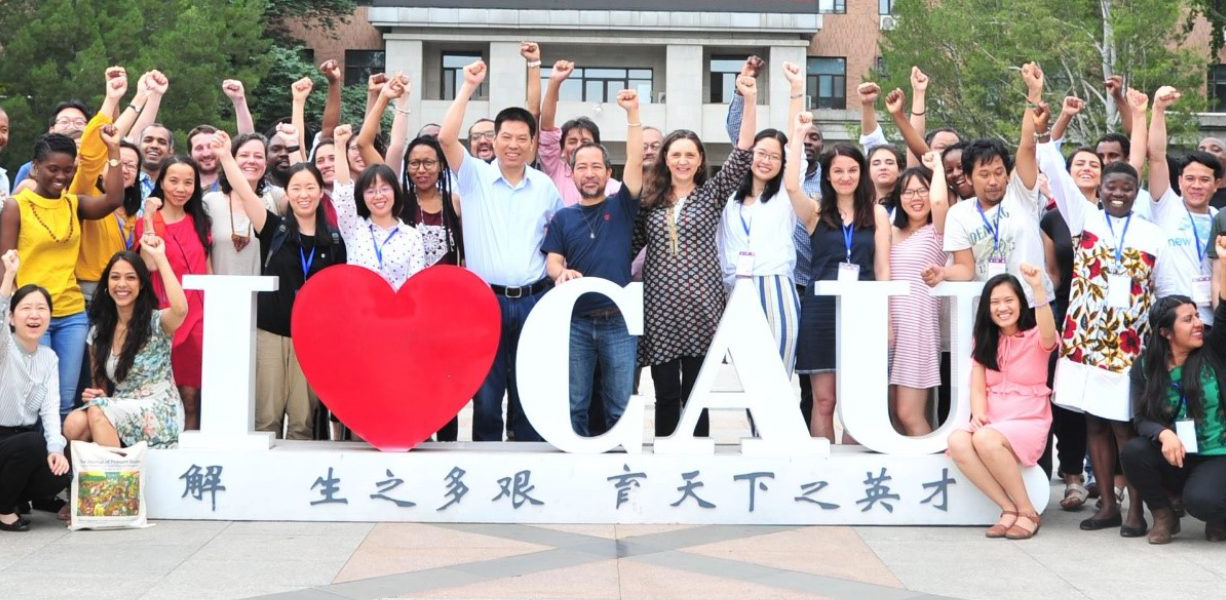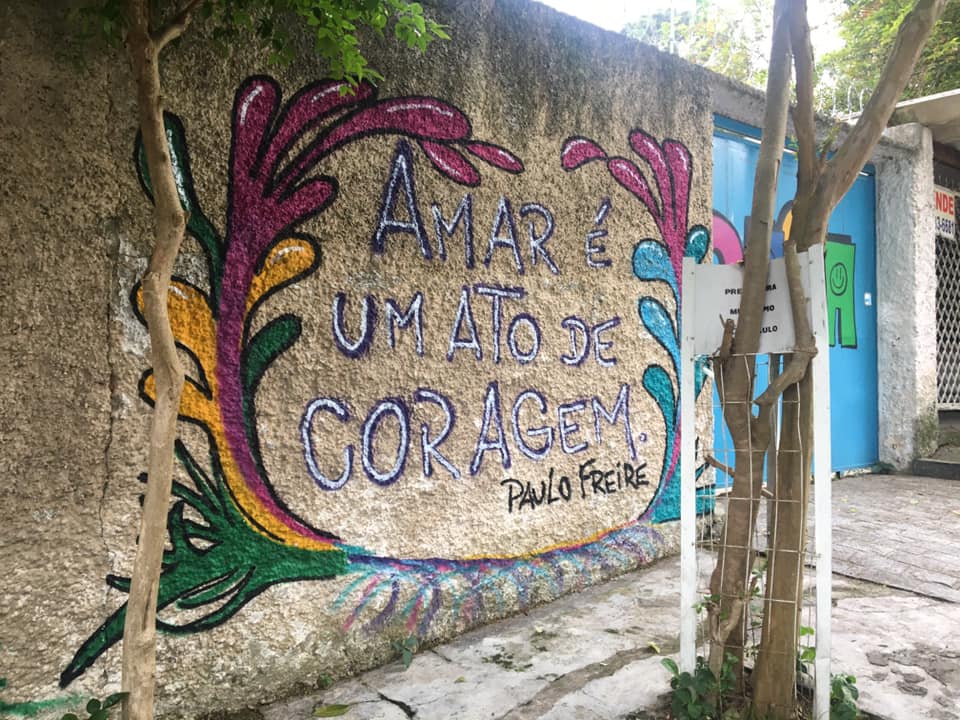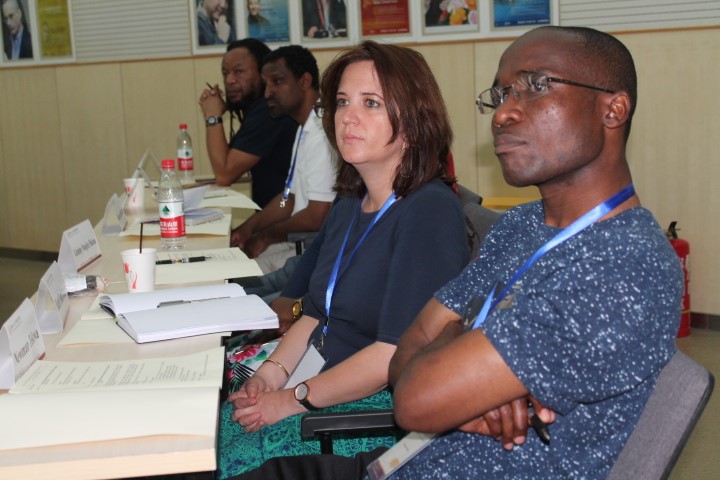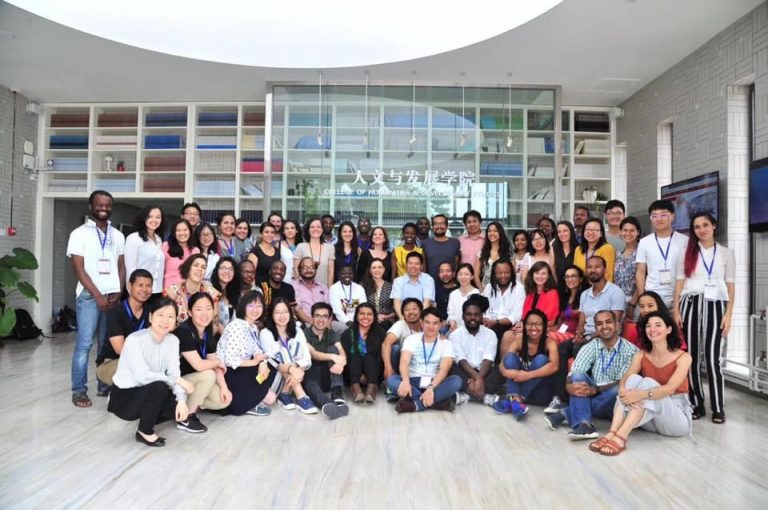-
Conference 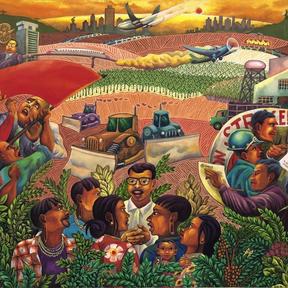
International Conference on Global Land Grabbing - Bogota, Colombia
Universidad de los Andes
19-21 March 2024
Bogota, Colombia
On its 10th anniversary, the Land Deal Politics Initiative (LDPI) is collaborating with several leading research hubs to host an International Conference on Global Land Grabbing in March in Bogota, Colombia which will include academic researchers, activists, and policymakers worldwide.
LDPI Initiative
More than a decade ago, the LDPI was launched as a loose network of scholars and activists concerned about the rise of land, water and green grabs across the world and the consequences for rural livelihoods and agrarian relations. A massive wave of investment in land, resulting in expropriation and displacement had emerged following the financial, food and energy crises of 2008-09. The initiative wanted to understand what was going on and how best to respond. Between 2009–2019, LDPI organised a series of events to analyse the social, economic, political and environmental dynamics of large-scale land deals and their implications for policy and social movements.
Conference Agenda
10 years later the LDPI initiative is turning its focus to asking important political and research questions about the aftermaths of land grabs: What happened to the thousands of land grabs documented by researchers, non-governmental organisations, activist groups, news media, and aid agencies? What new configurations of land, labour and capital have emerged since? How has the rise of authoritarian, state-led populism and politics re-shaped the tensions between ‘foreignisation’ and extraction? LDPI made a Call for Applications for Small Grants ($3,000 each), and received close to 700 applications! We have been able to fund 27 recipients who will present their research amongst many other conference participants from all over the world.
Thematic areas
The conference will be held along and across the following thematic axes:
- Failed large-scale land grabs
- Domestic land grabs
- Labour implications
- The role of science
- Financialisation
- Green energy and climate change
- Green grabbing and neoliberal conservation
- Growth as extra-territorial development
- Land grabs and environmental change
- National politics of land grabbing
- Violence, from the everyday to the spectacular
- Resistance and mobilisation
- Policy and political change
- Methodology
- Towards theorisation
- Global South/North
Conference outputs
The aim is to publish the papers online beginning mid-February 2024 in the LDPI Working Paper series as a way to share them widely in the build-up to and during the March 2024 international conference in Bogota. Having widely circulating papers will facilitate vibrant, open conversations. Five leading journals are co-organizing the initiative: Journal of Peasant Studies, World Development, Antipode, Globalizations, and Análisis Político. Some special issues or special forums in these journals may be organized for selected appropriate papers from this initiative.
Conference programme coming soon!
Follow and join the conversation on our social media platforms
Twitter/X @Peasant_Journal
-
Conference 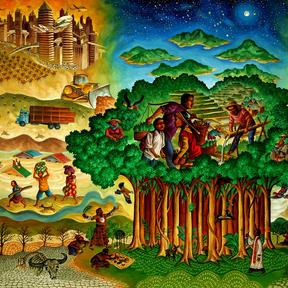
Climate Change and Agrarian Justice Conference
International Online Conference on Climate Change and Agrarian Justice
Dates: 26-29 September 2022 Time: 13.00 - 15.30 CAT/ CET each day
The way agrarian struggles connect with the huge challenge of climate change is a vital focus for both thinking and action. Climate change is inextricably entwined with capitalism, but how the relationship between capitalism and climate change plays out in the rural world requires deeper analysis. In a recently-published essay, 'Climate change and agrarian struggles’, members of the JPS editorial collective lay out a preliminary agenda for future work linking climate change to critical agrarian studies. From across a spectrum of scholarly and activist engagements, and in the lead-up to COP27, we seek contributions that speak to how we can build an anti-capitalist, trans-environmental and agrarian approach to confront climate change in rural settings. The conference programme is designed to foster dialogue and interaction across a spectrum of scholar and activist communities. We are making every effort to secure simultaneous translation for Spanish, French and Chinese, for plenary sessions only. Language interpretation will be confirmed later.
The full conference progamme is now available here.
To attend the conference please complete your registration by September 24.
-
Webinar 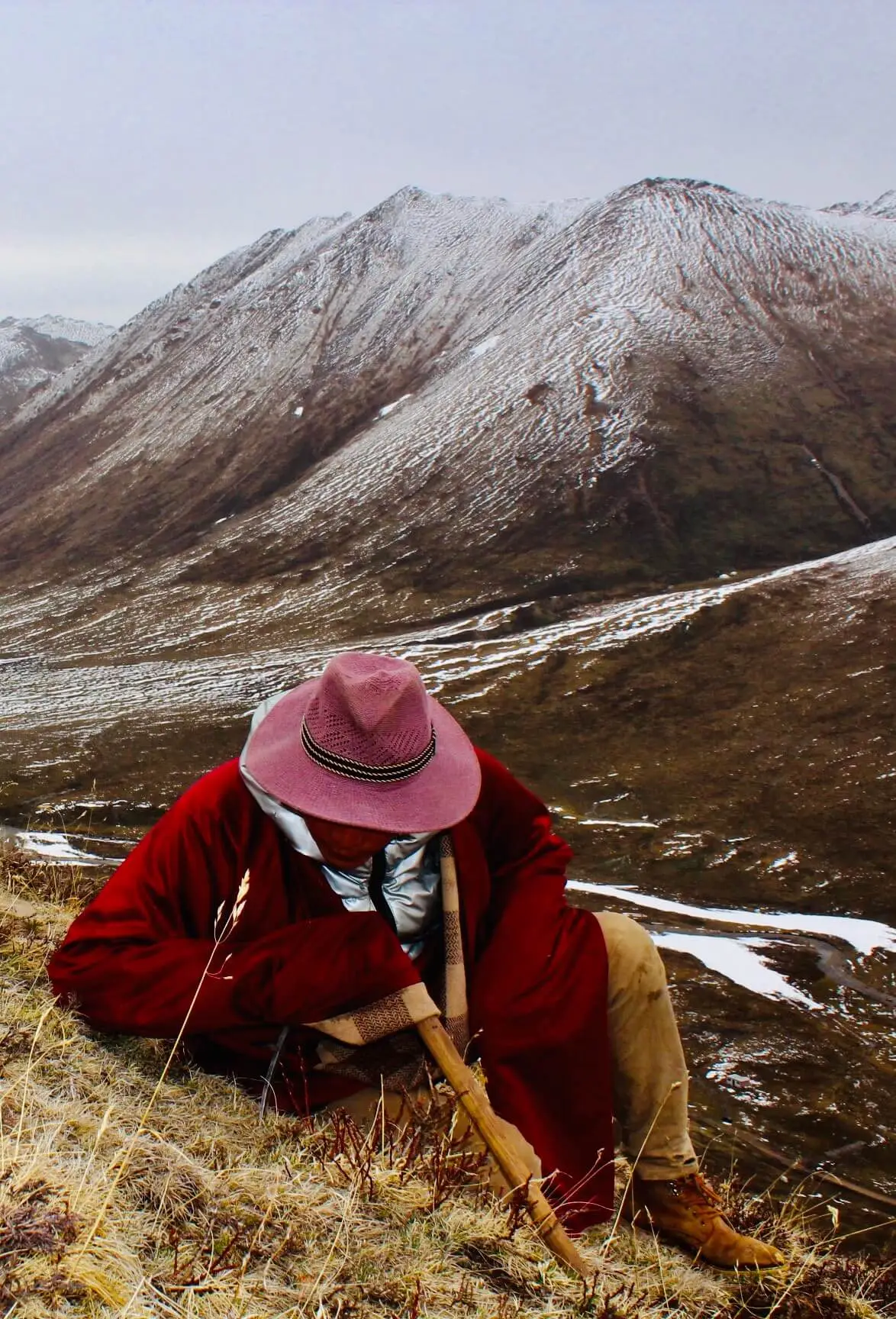
Agrarian Conversations webinar series
The Agrarian Conversations webinar series is a collective initiative of CASAS, TNI, PLAAS, ICAS, YARA, ERPI, PASTRES, RRUSHES-5 and the Journal of Peasant Studies. It aims to address strategic and urgent issues in and in relation to the rural world today. It is located in the interdisciplinary field of critical agrarian studies, pursues a progressive pluralist tradition in scholar-activism, and committed to diversity. It is internationalist in orientation, with a significant perspective and representation from the Global South. Despite logistical challenges, the organizers will aspire to run each each episode in multiple languages, and the combination of language will vary depending on the theme. The format is conversational: a brief input from the main speaker, brief intervention from a panel of discussants, and the rest of the time is open plenary (Q&A) discussion. A background paper will be provided in advance to help facilitate a conversational format. All episodes will be recorded and will be uploaded on YouTube.
-
Webinar 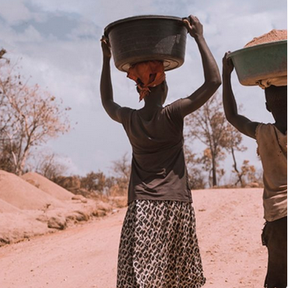
Agrarian Politics podcast
Agrarian Politics is a podcast by and for researchers and activists committed to land and agrarian reforms, just and equitable food systems and progressive politics in Africa and the Global South. It is a platform to be shared. To generate a critical mass of knowledge and experience, the podcast will feature hosts and guests who will interpret research, demystify theory, foreground activism, and aim to inspire learning across diverse contexts in Africa and beyond. Building on existing networks, it will draw in kindred spirits, including the Initiatives in Critical Agrarian Studies (ICAS), the Collective of Agrarian Scholar Activists of the South (CASAC) and the Journal of Peasant Studies (JPS), among others. For now, the podcast is based at the Institute for Poverty, Land and Agrarian Studies (PLAAS) at the University of the Western Cape, South Africa.
-
Episode 10: Sustainable rural livelihoods – an approach, not a theory
-
Episode 9: Women, fish and COVID impacts on African food systems
-
Episode 8: Social reproduction, capitalist exploitation and the surplus population
-
Episode 7: Feminism and postcoloniality: Transcending patriarchy and nationalism
-
Episode 6: Political Ecology – society, nature and the commons
-
Episode 5: Small-scale fishers and the struggle for ‘blue justice’
-
Episode 4: Issa Shivji on the “new neoliberalism”, nationalism and pan-Africanism (Part 2)
-
Episode 3: Issa Shivji on neoliberalism, working people’s resistance and the role of intellectuals in Africa (Part 1)
-
Episode 2: Food activism in the Covid-19 crisis
-
Episode 1: 25 years of land and agrarian studies in South Africa
-
-
Series 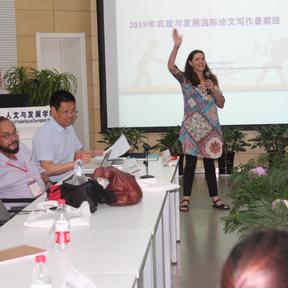
Colloquium Series in Critical Agrarian Studies & Scholar-Activism
ICAS, in collaboration, with JPS and other networks, started a colloquium series in 2010. Since, it has occasionally organized international conferences that brought together academic researchers and social movement activists. Themes ranged from land grabs to food sovereignty, from BRICS to climate change. It was held not only at the International Institute of Social Studies (ISS) in the Netherlands, but in many others network members’ sites: Yale University, Chiang Mai University, IDS Sussex, PLAAS at University of the Western Cape, RANEPA in Moscow and Cornell University, as well as with EHNE-La Via Campesina in the Basque country, among others.
Many of these conferences have resulted in trailblazing publications on some of the most compelling themes in critical agrarian studies, such as on land grabs; resistance to land grabs; land grabs & gender/generation; land grabs & the role of the state; green grabbing; food sovereignty; food sovereignty movements; authoritarianism and populism and the rural world (globally, in Europe, and in the United States), climate smart agriculture, BRICS and agrarian transformation (international, regional, and in relation to authoritarianism and populism), among others.
We also produced several blogs (such as the one with openDemocracy.net on populism) and some video clips from out of some of these events, and many of these videos proved to be important resources that remain relevant many years after the events. Among the cluster of videos are those related to the following:
-
Writeshop 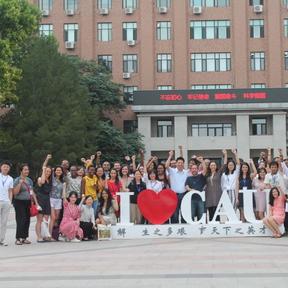
JPS Annual Writeshop in Critical Agrarian Studies & Scholar-Activism
The Journal of Peasant Studies (JPS), Collective of Agrarian Scholar-Activist in the South (CASAS), College of Humanities and Development Studies (COHD) of China Agricultural University (Beijing), PLAAS/University of the Western Cape, Young African Researchers in Agriculture (YARA) network, ERPI, ICAS, and Future Agricultures Consortium (FAC) are jointly organizing the JPS Annual Summer Writeshop-Workshop in Critical Agrarian Studies and Scholar-Activism for PhD students and young researchers (up to 5 years from PhD completion) who are based in or are originally from the Global South. The Writeshop aims to improve young researchers’ strategic knowledge about and practical skills on matters related to international journal publication and impact (including choosing journals; building ideas about, preparation and submission of journal manuscripts; dealing with peer review reports, and so on). It includes sessions on key debates and literature in critical agrarians studies, as well as concepts in and practice of scholar-activism. The Writeshop includes peer review discussions on participants’ draft journal manuscripts. After the workshop, participants will be in a better position to frame their work in relation to critical agrarian studies and think about international journal publications in the long-term, and finalize journal manuscripts in the short term. Several participants are usually invited invited to submit manuscripts to JPS, and/or encouraged to submit to other major international journals. It started in 2019, and the Writeshop was held in Beijing, hosted by COHD. In-person Writeshop was held online in 2020, and it will again be online in 2021. It hopes to resume the in-person method in 2022.
The participants of the Annual Writeshop decided to stay in touch with each other by organizing their own global network, the Collective of Agrarian Scholar-Activists in the South (CASAS), established their own website, and drafted their own manifesto, entitled: Towards a solidarity-based network of agrarian studies global-south scholars.
